Projects
Environics Trust

Driven by our friend, Sreedhar Ramamurthi, this organization worked in the Himalayas and across the mining belt to provide technical support to Adivasi rights defenders. Our grant supported their work on resolving conflict in Van Panchayats in Uttarakhand. The whole process involved reaching out to the van Panchayats which are going through the phase of conflicts. Several of the local van Panchayat sarpanch’s and the facilitators had formed a core group to address the problem while sharing the chronological events that led to the conflict.
Focused interactions with users of the forests to understand the nature of the problem and organising common meetings for initiating the dialogues. The team need to be trekking to these far-flung van Panchayats and it often happens that a continuous stay for 3-4 days is required to set the environment of dialogue.
We lost Sreedhar in 2024, but his legacy of work continues with the Environics team and the peoples’ movement called Mines, Minerals and People.
Our Support: ₹50,000
Ajile Bottu
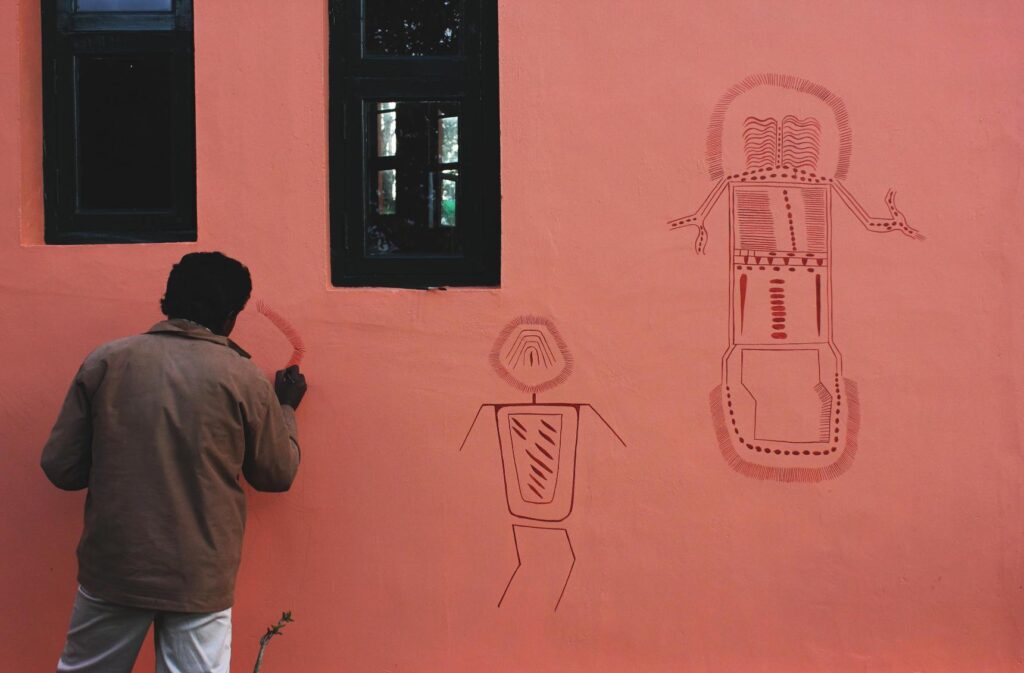
An Adivasi Kurumba Collective in the Nilgiris, primarily artists, came together to build a traditional Bamboo house in a small forested village, Baviyur. It had a dual objective of reviving traditional house building and design as well as using it as a centre for inter-generational knowledge transfer.
It served the purpose of teaching painting art forms to Kurumba children for a long. Resounding with our values of Indigenous knowledge and its transfer and revival of traditional housing using wood, bamboo, mud and grass – this effort was a huge incentive to the collective in 2007-08. Today, the group has grown to more than 100 young painters across the community and has recognition and support from TRIFED.
Our Support: ₹50,000
IXORA
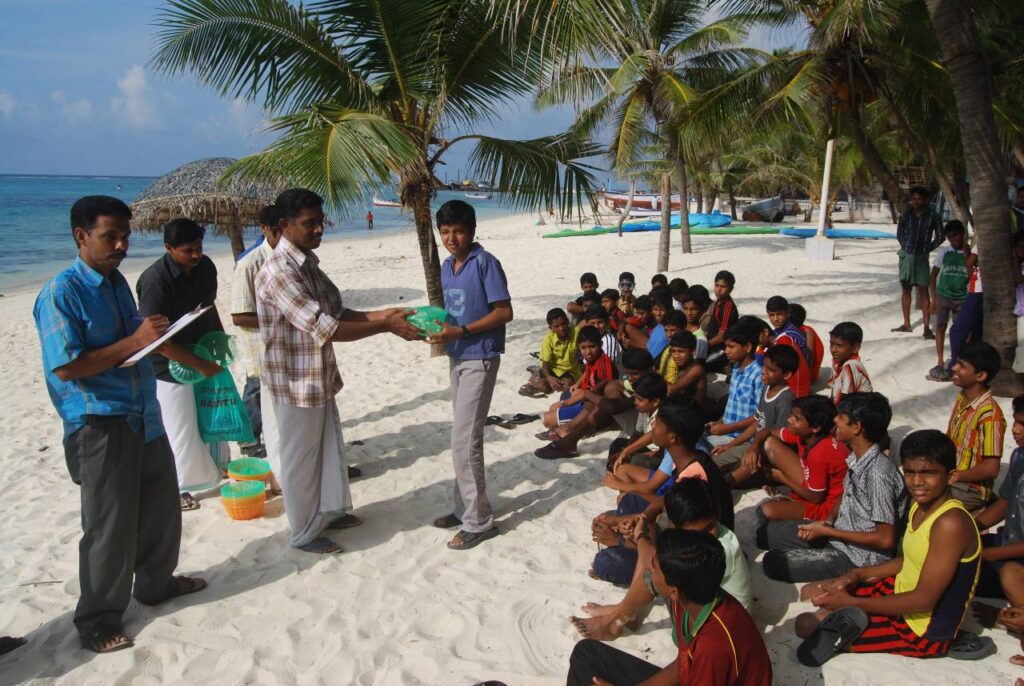
An awareness meeting was supported by SJEF in 2008, in Lakshwadeep to involve the community in lagoon conservation, clean up drive and talk about the overall importance of marine ecosystems.
Our Support: ₹30,000
Vanastree
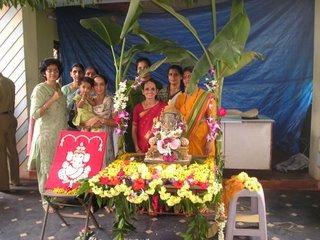
A traditional seed-savers women’s group, in Sirsi, Karnataka led by Sunita Rao was supported to get on their feet and start working as a collective. From supporting registration, buying a phone, and conducting several mobilizing events, to holding the first-ever Malnad Seed Mela – our grant supported their formation journey. Today Vanastree is 150 seed savers strong, in 15 villages and growing.
Our Support: ₹50,000
Raigajli Eco Tourism and Social Welfare Society

Located in Manas, Assam and introduced to us by The ANT this community-led society worked for conservation and livelihood in the region. Due to the pressure of wildlife smuggling and illegal trade, the society developed patrolling initiatives, as well as awareness drives. They also formed SHGs and developed some livelihood initiatives to reduce the pressure on the forest. Most of our support was to build a 50-member-strong volunteer base for patrolling.
Our Support: ₹75,000
Nishtha
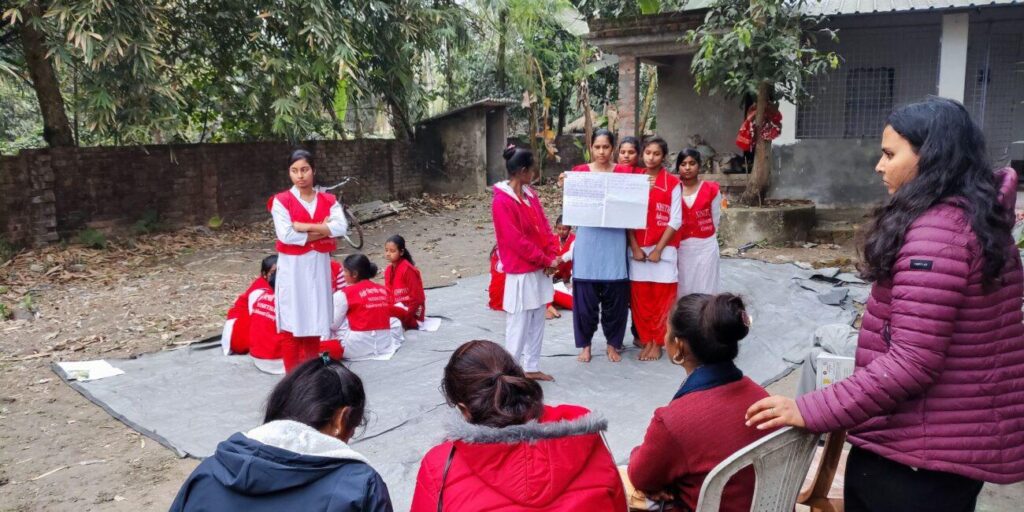
A community-based women’s organization situated in South 24 Parganas district of West Bengal was born in the mid-seventies. From the very beginning, it aimed to empower the women/girls through awareness building on women’s/girl’s rights amongst them and empowering them to demand such rights.
Nishtha presently works in 250 villages of South 24 Parganas. SJSF supported 5 orphaned girls for education and covered their school fees and other expenses.
Our Support: ₹20,000
Jungwa Foundation

An organization in Ladakh worked to document the traditional ecological knowledge of the pastoral nomadic Changpas of Korzok, Changthang. Knowledge related to fodder species grazed by their livestock, specific plants used for their medicinal values by the Amchi (traditional healers) and extraction of natural pigments from wild plants found in the Korzok Changpa pastoral nomadic landscape.
The pastures of Korzok Tegazung are accessed by the nomadic Changpa as well as the families residing in Korzok (YULPA), who have historically served the Korzok Gonpa, managing the Gonpa’s herds. The population of Korzok is 1291 persons over 253 households according to the 2011 Census, which is an average of 5 persons per household. This project helped to document Knowledge and build resilience in this small community.
Our Support: ₹2,00,000
Society for Endangered and Lesser-Known Languages

The objective of the project was to develop alternative sustainable economic initiatives for the Raji community by conducting a series of workshops and to visit new Raji hamlets to study their socio-cultural condition and to motivate them to attend the workshops.
During the workshops, our aim was –
- To involve Raji women in traditional jewellery-making
- To involve both Raji men and women in the traditional wooden pot-making
The project was located in the Terai region between Nepal and Uttar
Pradesh.
Our Support ₹1,00,000
Bhasha Research and Publication Centre

Bhasha received a grant from the Shrikant Joshi Endowment Fund 2019-20 from the Keystone Foundation. The main objectives of the year-long project, Beads have Stories to Tell – was to make a collection of traditional bead jewellery pieces for Adivasi Academy’s Vaacha Museum, to document all the traditional designs and their processes, and to teach and inspire the young generation.
In this direction, various workshops were organized by Bhasha at Adivasi Academy involving nine selected Rathwa women artists having the basic knowledge of making bead jewellery. The
participating women knew the skill of making simple modern bead designs which are sold in the local haats, urban markets or at craft fairs organized by state emporiums like Gujari in metro cities. These designs are rarely worn by the Adivasi women themselves but are made for extra earnings utilizing their leisure time.
Our Support ₹1,00,000
Upayan Chatterjee
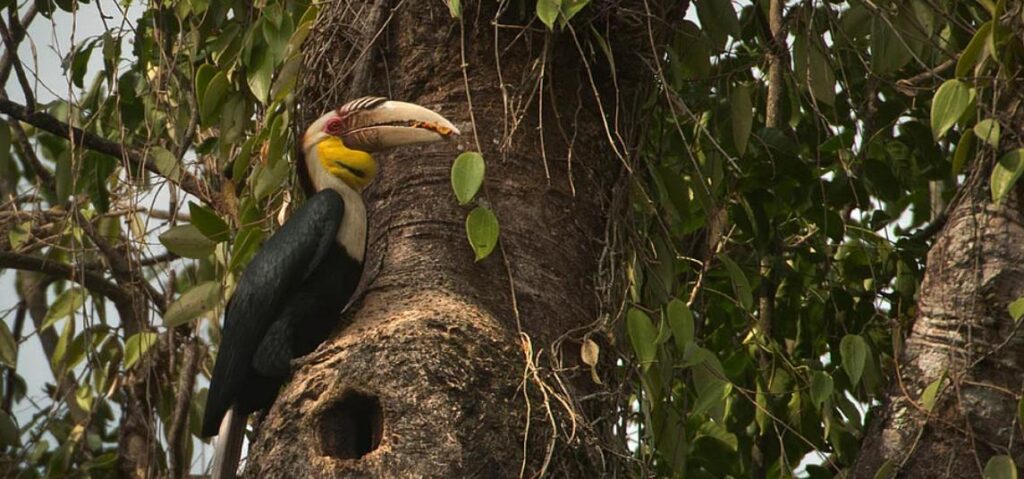
The project aims to document the lives and perspectives of the first cohort of hornbill elderly nest protectors among the Nyishi tribal community resident along the Eastern boundary of Pakke Tiger Reserve (Arunachal Pradesh, India) The Hornbill Nest Adoption Program (HNAP) initiated in partnership with the Ghora-Aabhe Society, a council of village elders, and the Arunachal Forest Department earned accolades for Pakke at the India Biodiversity Award (2016). It has, since then, grown to include 11 Nyishi elders from 10 different villages (2021 data) with 152 hornbill chicks having fledged successfully from the 40 hornbill nests monitored by them. The Nyishis are a scheduled tribe of Arunachal Pradesh and are best known for their close cultural ties with the Great Hornbill.
The objective is to prepare a publication (book) that explores this nest-monitoring activity from multiple angles (nest-watchers perspectives, perspectives of their family members, the specific challenges in nest-monitoring at various parts of the year, scientific impact, a general shift in local attitude etc) and highlights the immense potential of leveraging indigenous “worldviews where humans do not dominate or exploit nature”
Our Support: ₹3,00,000 over 2 years – ONGOING
Native Heritage Project
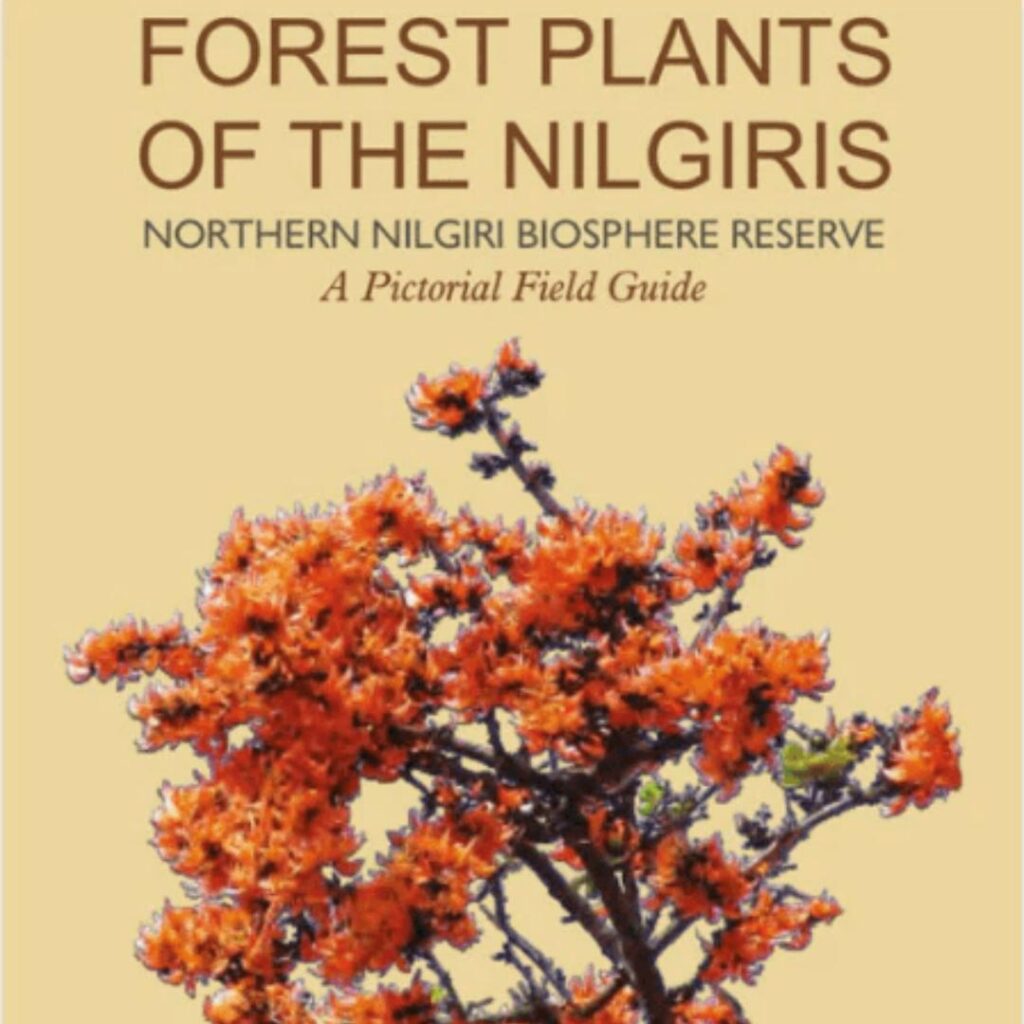
This is a voluntary group of passionate people working alongside the local tribal community in Kelthan village near Vajreshwari in Maharashtra. With the aim of revitalising tribal knowledge, the group started documenting native biodiversity in Marathi. Through this project, the group will create a series of fourteen educational books for both tribal and urban schools. These books will be published in the native dialect as well as English to introduce the traditional wisdom of plants to kids between the ages of 6-10 years.
Our Support – ₹3,00,000 – ONGOING
Fees and educational support to tribal girls doing graduation
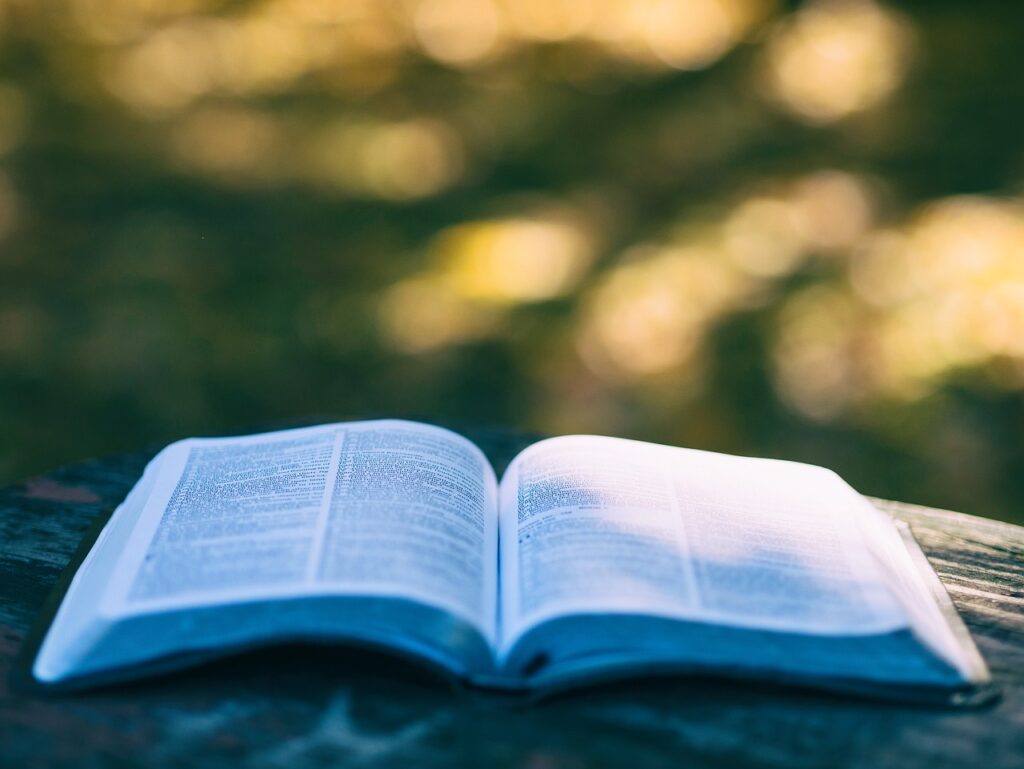
Devi
(Rajasthan, through Seva Mandir) – ₹ 1,00,000
Aghila
(TN, Irula girls studying social work, through Keystone) – ₹ 1,00,000
Tharani
(TN, Irula girl studying Ayurveda/health care) – ₹ 1,00,000